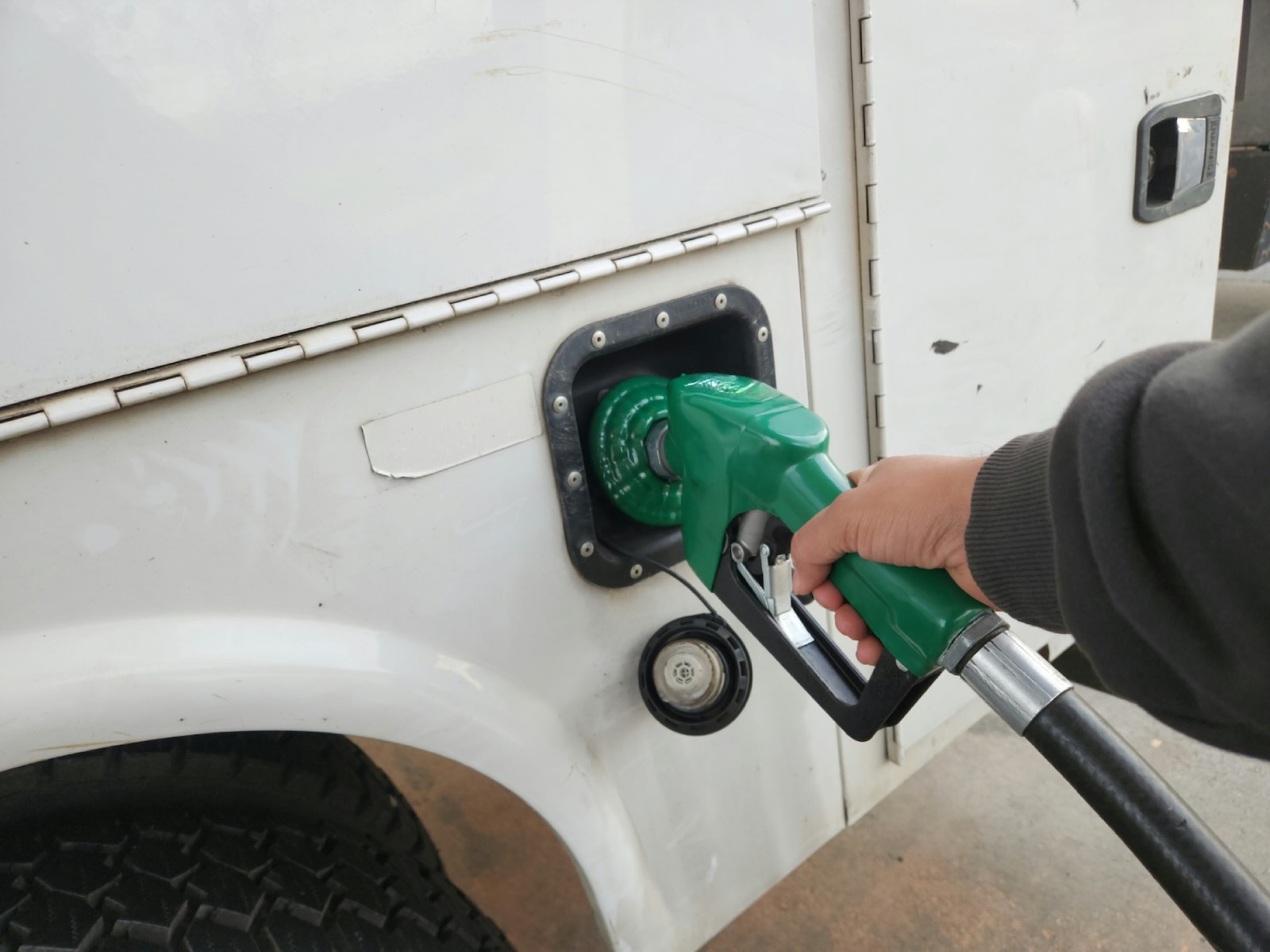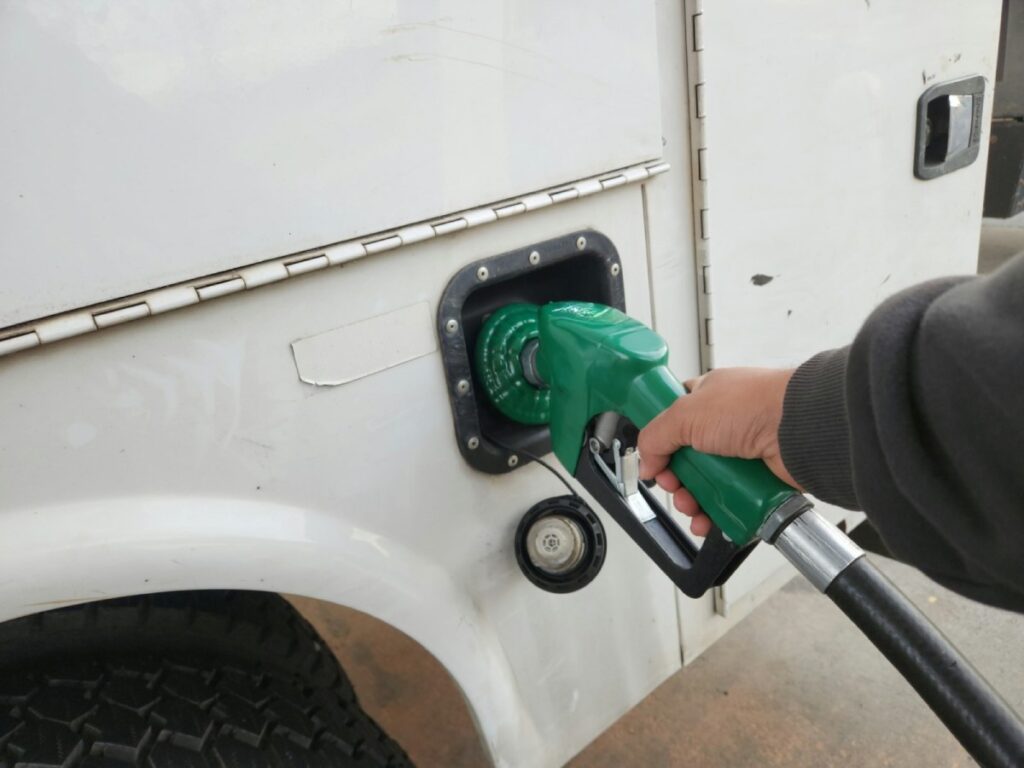
Imagine you’re a government driver working on the weekend. You grab your fleet van, head straight to the gas station, and start filling the tank. But the needle doesn’t budge. With the company card maxed, you swap to your personal credit card—because what else can you do? You drop another $100. Then you hear an alarm going off.
The driver’s boss, a fleet manager who shared the story on Jalopnik, got the call early in the morning.
“Well before dawn on my day off, I get a call from a fleet driver complaining they can’t get a van to fuel up (Ford Transit) and the credit card was locked,” he said. The driver had already hit the $100 limit, so the card froze. That’s when they switched to their own card. “In the background at that moment, I hear an attendant start yelling and the emergency shut off was hit.”
By the time the manager arrived, gas was everywhere—more than 60 gallons of it. The driver had been sitting in the fleet van’s cab the whole time, engine running, fuel poured straight onto the pavement.
The manager walked the scene and spotted the issue. Someone had cut the rubber fuel hose, likely trying to steal gas overnight. The van had started the day with an empty tank, and the driver never noticed.
But the real damage wasn’t the money. It was pollution–and trust.
How fleet van driver’s mistake turned into 10 months of headaches
The manager’s day-off incident turned into a year-long mess. First, there was the spill. “I had to do remedial training for the pre-trip inspections and fueling requirements,” he said. Then came safety briefings. OSHA paperwork. And environmental cleanups.
The fleet van itself? Out of commission for a week. But the real holdup came from paperwork. Because it was a government fleet, fixing the rubber hose was just the beginning. The incident required crime reports, repair estimates, and audits.
“I had a 10+ month fight with the auditing folks because there was $400+ ish dollars of gas to document,” the manager said. He tracked every receipt and battled the system to keep the van fueled. “Every 2-3 days, a driver was locked out from refueling.”
Then came the monthly audits for all 20 to 70 vehicles in the fleet. The manager didn’t pull any punches when retelling his story. “Elected officials can scam and cut deals all day,” he said, “but may the Lord be merciful if a fleet guy has a criminally cut fuel line and gas goes on the ground.”


